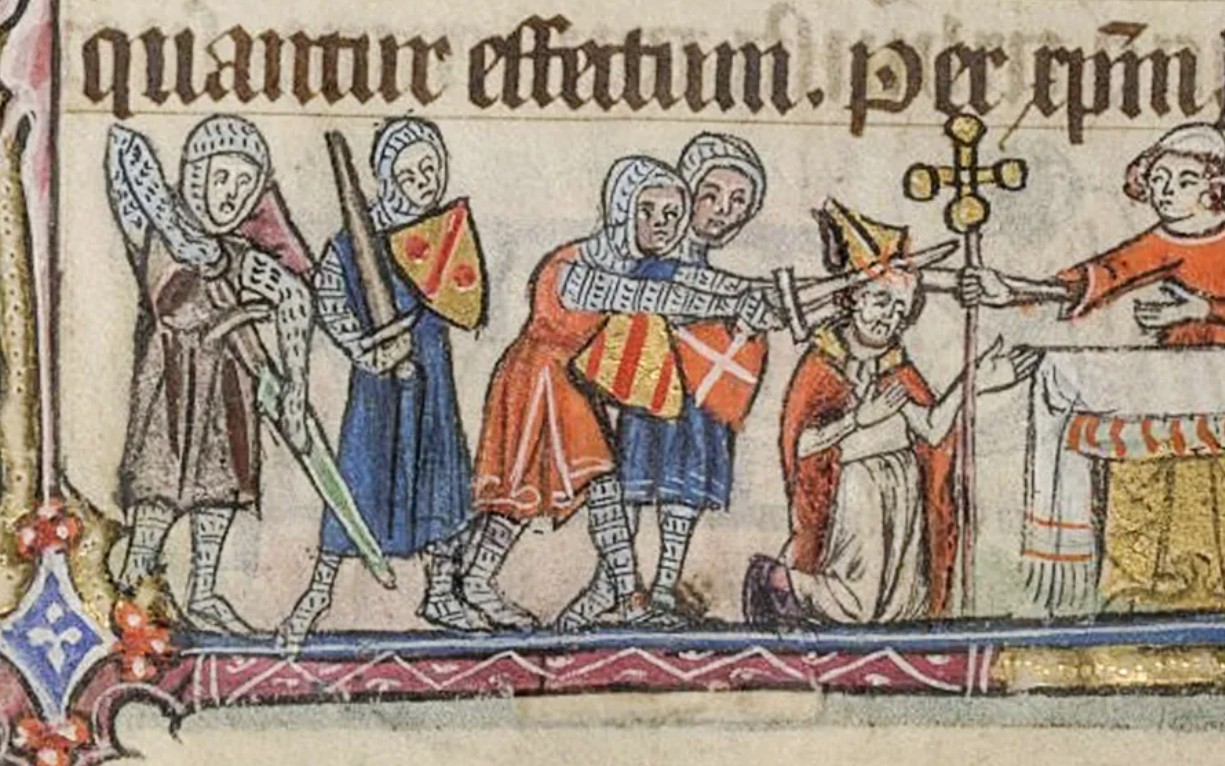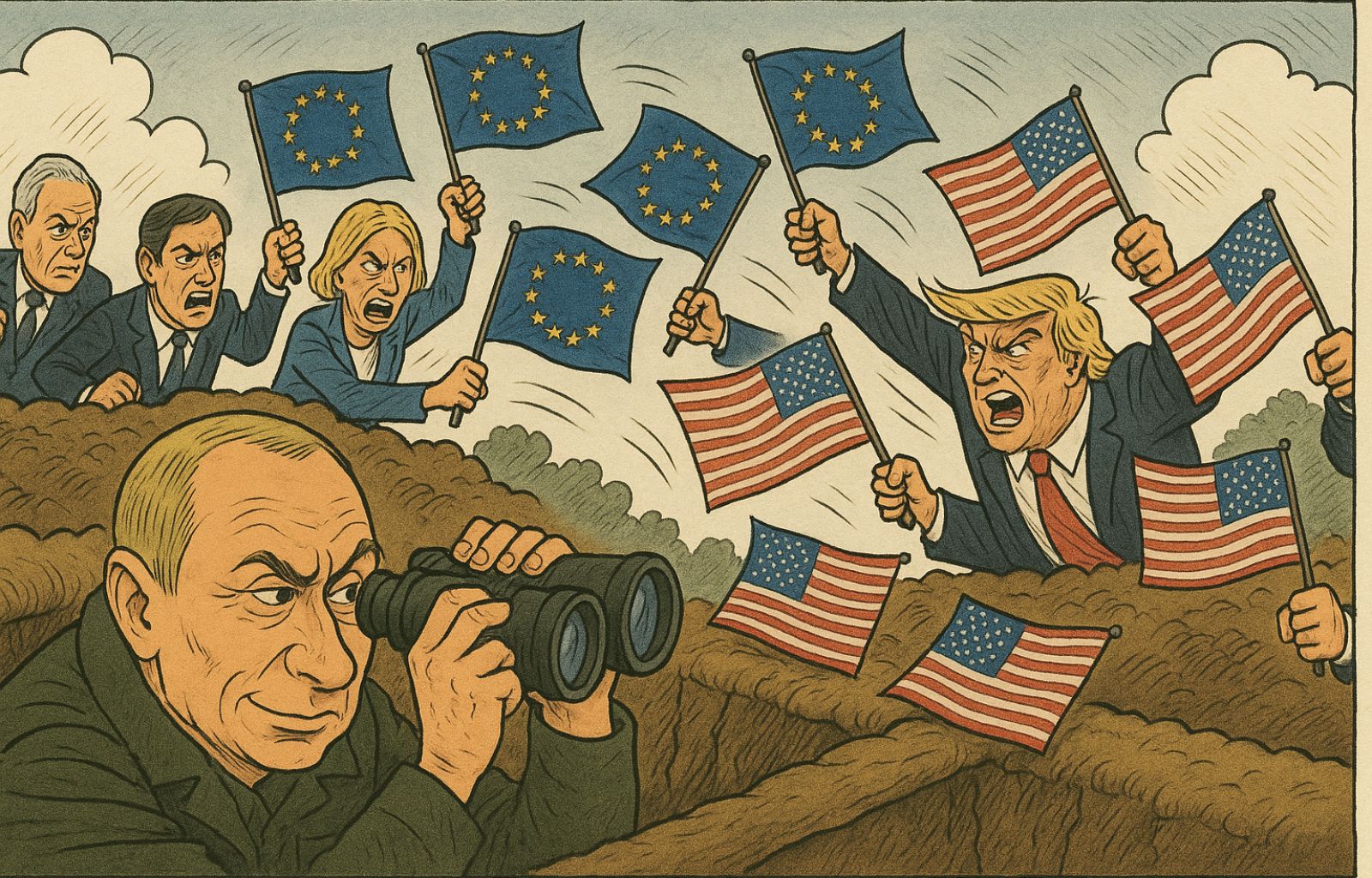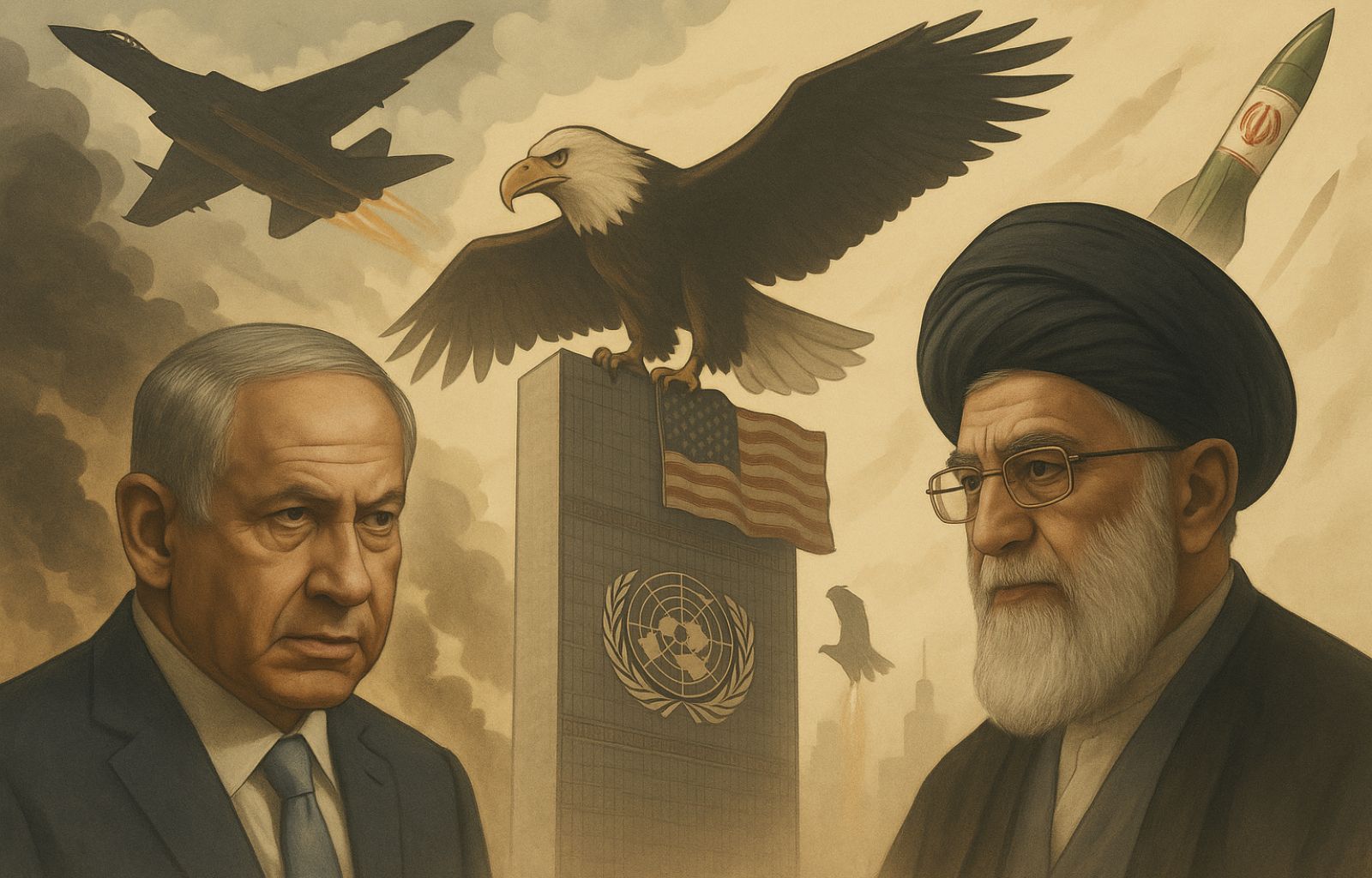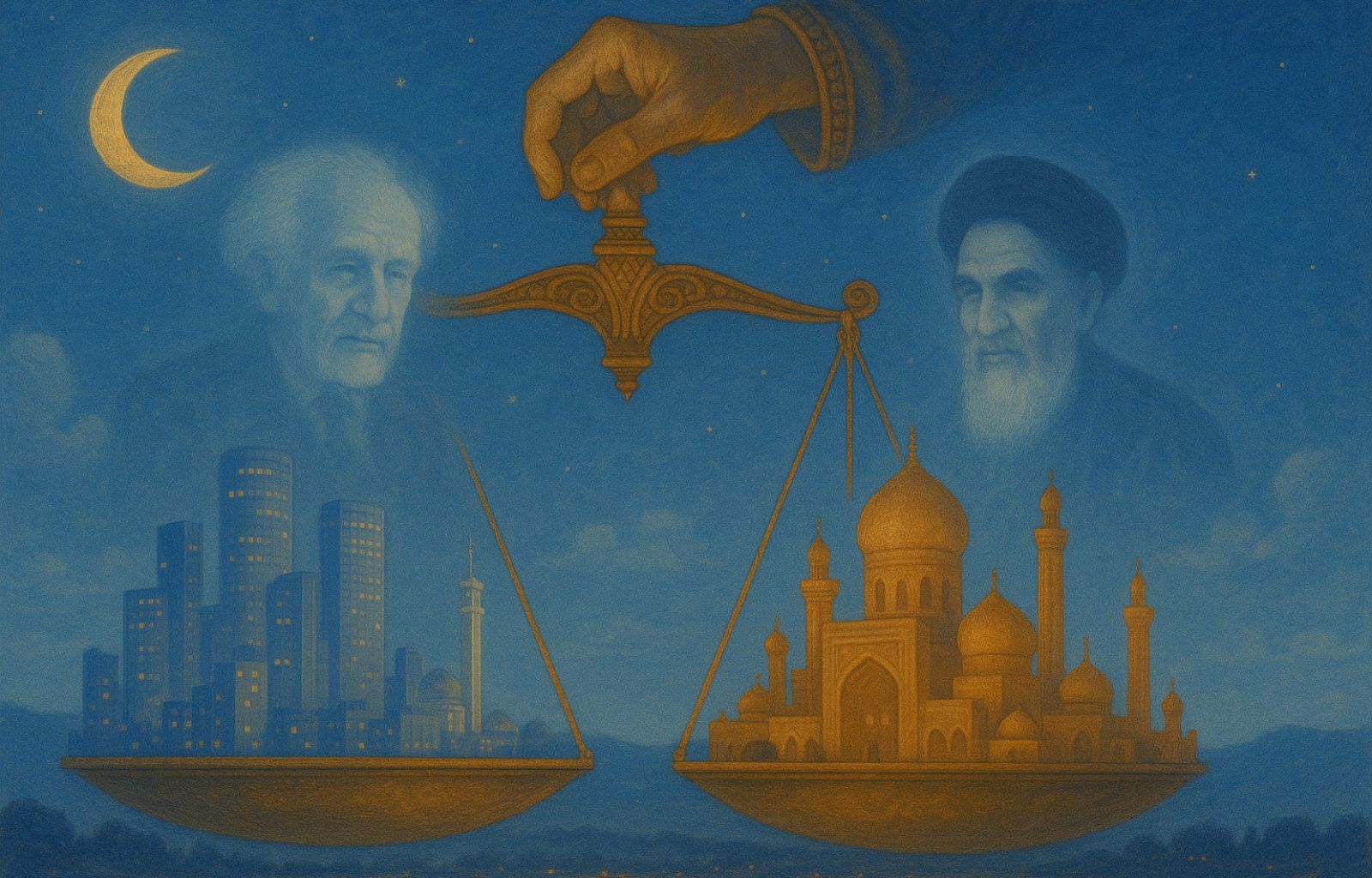Trump would have sold Ukraine out, it is ‘willing’ Europe that stopped him
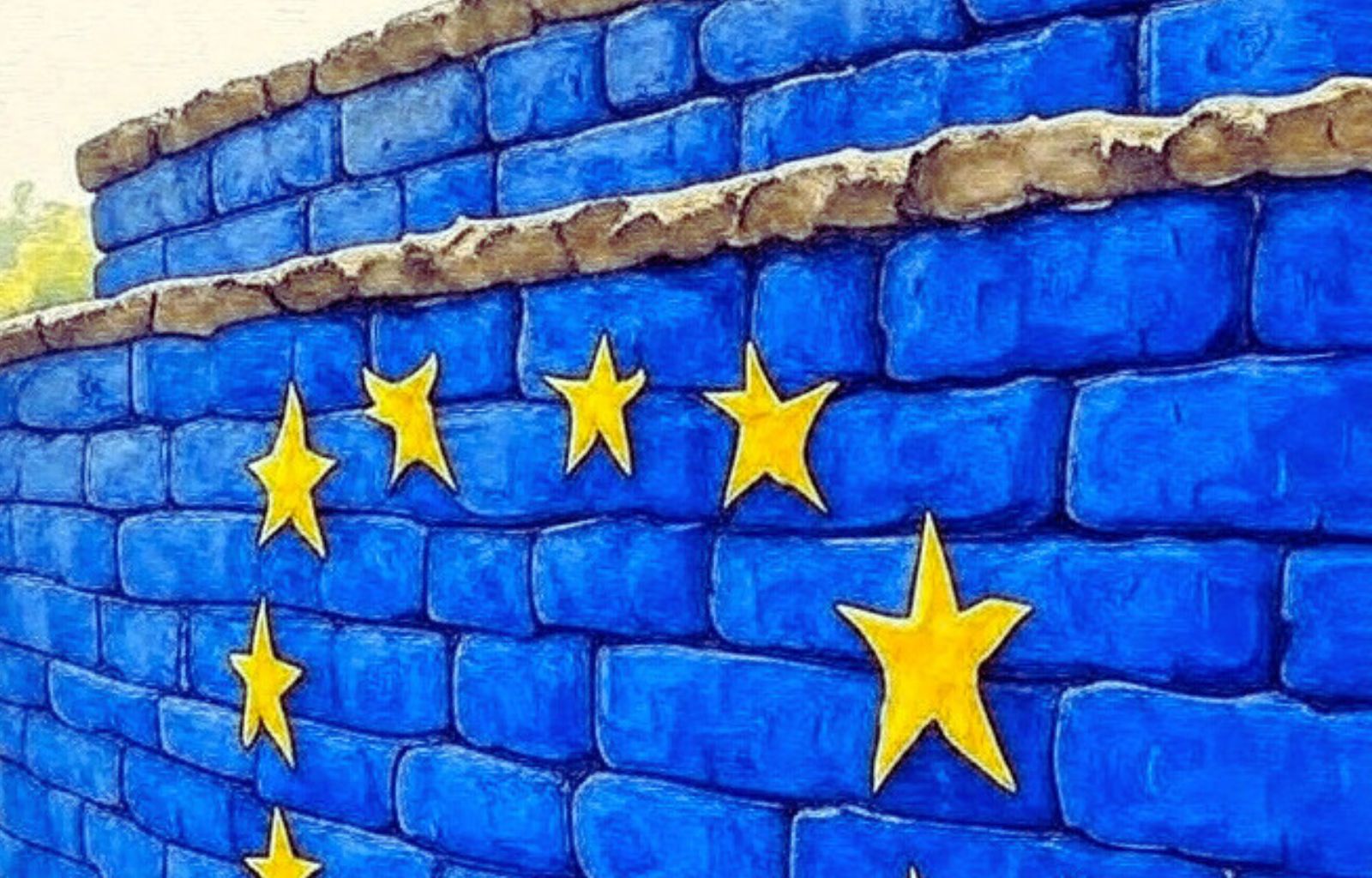
From last Monday’s phone call between Putin and Trump, Federico Rampini drew this conclusion: ‘The risk of Trump making a deal on Ukraine with Putin has disappeared,’ and some sympathisers of the Ukrainian cause must have rejoiced at such a happy outcome.
Others who, like the writer, although without any particular world experience have learned to distrust the paragnosts of national geopolitics (starting with the unmatched Lucio Caracciolo, with his ‘Putin will not attack Ukraine‘ a few days before the invasion) will have touched wood, hoping that such an optimistic prophecy was not an ill omen.
Actually, the phone call between the two would-be world leaders went very well indeed for those who care about Kyiv’s cause, but in a very different sense from what Rampini means. Trump has by no means given up on the project of a Russian-American agreement to plunder Ukraine, but he has had to take note of the obstacles placed in the way of this prodigious deal, not by Moscow, but by London, Paris, Berlin, Warsaw and that first nucleus of European NATO, which, despite a thousand difficulties, promised Zelensky that it would not abandon Ukraine following the American abandonment and would continue to support it until peace and especially after peace.
It is not at all true that Trump cannot give Putin what he wants, simply because he was willing to give him in fact everything he asked for: the annexed territories and the demilitarisation of Ukraine, on condition that he would have a profit to flaunt as spoils of war for Maga America.
Trump simply cannot assure Putin that all he needs to take what he wants is Washington’s endorsement. Something has happened that he did not expect. A piece of Europe has woken up and realised what the Italian right and left are careful not to admit: that the surrender of the Ukraine would be an exacerbating danger to European freedom itself.

There is nothing Trump is not prepared to do. There is, however, little that he can do now. That is why he has had to change course, without divesting himself of an attitude of substantial complicity with Moscow, for example on further sanctions, and has begun to narrate the possible American disengagement as the disdainful refusal to become embroiled in a Russian-European diatribe, after having told for months that he could have resolved everything in twenty-four hours, negotiating directly with Putin and after having offered him Zelensky’s head, in that mafia ambush broadcast worldwide from the White House.
Ukraine is far from safe, European support is tied to the favour of fickle public opinions and parliaments infiltrated by Moscow, the military and financial means the coalition of the willing has at its disposal to help Ukraine cannot entirely replace American disengagement, and Washington can do Ukraine a great deal of harm by depriving it of communications and satellite imagery and intelligence support, once suspended and then restored.
But Ukraine is not where Trump was sure it would quickly take it and this is a credit and a success of Europe – Italy excluded.



